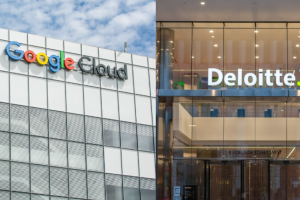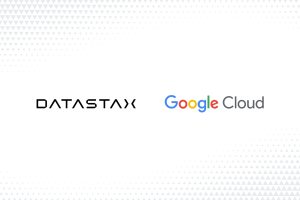Recent studies published by Autonomy, a think tank focusing on climate change, work futures, and economic planning, suggest that generative artificial intelligence (AI) could pave the way for significant productivity gains and potentially facilitate the adoption of a four-day working week. The analysis specifically focuses on the impact of AI on the British and American workforces
According to the reports, AI technologies could enable a 28% reduction in the working hours of approximately 28% of UK workers, transitioning from a 40-hour to a 32-hour workweek by 2033, all while maintaining their current wages. The findings also propose a similar scenario for around 35 million US workers, estimating that within the next decade, 28% of the US workforce could transition to a four-day workweek. Additionally, 71% of American workers and 88% in the UK could witness a minimum 10% reduction in their working hours if they incorporate large language models (LLMs) into their daily tasks.
Generative AI tools, particularly LLMs, are expected to automate repetitive and time-consuming tasks, allowing employees to redirect their efforts toward more high-value assignments and potentially enhancing their work-life balance.
While the studies suggest positive outcomes, experts caution against overestimating the impact of AI on the job market. Previous research, involving a scientific experiment with 750 employees conducted by Harvard Business School, MIT Sloan School of Management, the Wharton School at the University of Pennsylvania, the University of Warwick, and the BCG Henderson Institute, indicates that the latest AI tools primarily excel in “creative” tasks but may not significantly contribute to solving complex problems. The potential downside includes a reduction in creativity and a tendency toward standardized output, as noted in the researchers’ report on the use of GPT-4 technology. As discussions around the future of work continue, the true implications of AI on job roles remain a subject of ongoing debate among experts.






















